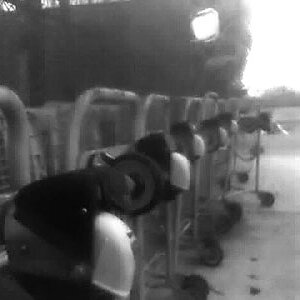amomenttintimephoto
TPF Noob!
- Joined
- Apr 5, 2011
- Messages
- 9
- Reaction score
- 0
- Location
- Mississippi
- Can others edit my Photos
- Photos OK to edit
So, I posted a few pictures on here earlier. I'm not going to lie, I got a nice dose of reality. A dose of reality that I probably needed. Anyway, I'd really like to get better at photography. I want to learn how to create stunning images. I've only got a Rebel, and I know that's not a professional camera. But, it's all I have right now, and all I can afford. I just enrolled in a basic photography class (composition, darkroom, etc) for the fall semester at my college (and got some wierd looks from my Biology advisor- I'm a 3rd year pre-med student), but fall is a long time away. Are there any books you'd recommend to help me learn about composition, lighting(!), and focus?



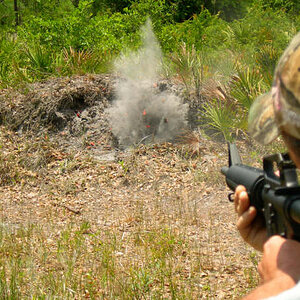
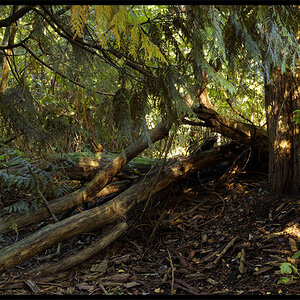
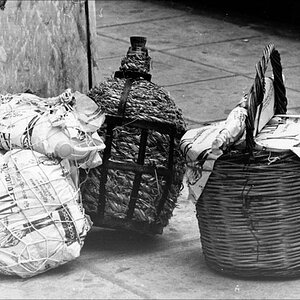

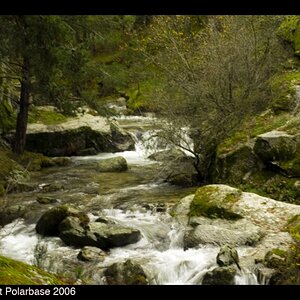

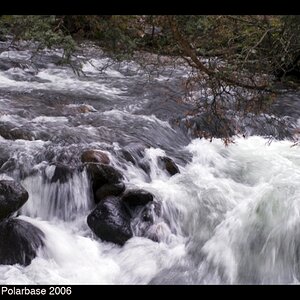

![[No title]](/data/xfmg/thumbnail/31/31707-a2840f3af9af3a4fa6f6dfbd4028eae5.jpg?1619734964)
![[No title]](/data/xfmg/thumbnail/31/31708-69f4ec98ec000d4fc9a9a1cc282e8e16.jpg?1619734965)
